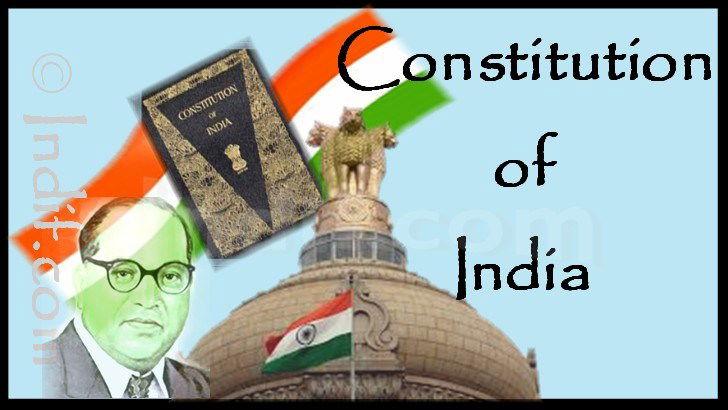Indian Constitution

[1:46 PM, 4/11/2018] X Shagir Khan: Right to convert is part of fundamental right of choice
Context: The Supreme Court has held that a person’s right to choose a religion and marry is an intrinsic part of her meaningful existence. Neither the State nor “patriarchal supremacy” can interfere in her decision.
[1:46 PM, 4/11/2018] X Shagir Khan: Background:
The observations are part of the 61-page reasoned judgment published by the Supreme Court in the case of Hadiya, a 26-year-old Homeopathy student who converted to Islam and married a Muslim man. The case first gained attention as a case of forced conversion.
Important observations made by the court (Key points for mains):
Freedom of faith is essential to his/her autonomy; Choosing a faith is the substratum of individuality and sans it, the right of choice becomes a shadow.
Matters of belief and faith, including whether to believe, are at the core of constitutional liberty. The Constitution exists for believers as well as for agnostics.
Constitution protects the ability of each individual to pursue a way of life or faith to which she or he seeks to adhere. Matters of dress and of food, of ideas and ideologies, of love and partnership are within the central aspects of identity. Society has no role to play in determining choice of partners.
The absolute right of an individual to choose a life partner is not in the least affected by matters of faith. The Constitution guarantees to each individual the right freely to practise, profess and propagate religion. Choices of faith and belief as indeed choices in matters of marriage lie within an area where individual autonomy is supreme.
Article 25 and forced conversions:
Article 25 states that subject to public order, morality and health, and to the other fundamental rights guaranteed in the Constitution, all persons are equally entitled to “freedom of conscience and the right freely to profess, practise and propagate religion.”
The word “propagate” mean “to transmit or spread one’s religion by an exposition of its tenets,” but does not include the right to convert another person to one’s own religion. It has to be remembered that Article 25(1) guarantees ‘freedom of conscience’ to every citizen, and not merely to the followers of one particular religion and that, in turn, postulates that there is no fundamental right to convert another person to one’s own religion because if a person purposely undertakes the conversion of another person to his religion, as distinguished from his effort to transmit or spread the tenets of his religion, that would impinge on the ‘freedom of conscience’ guaranteed to all the citizens of the country alike.
Sources: the hindu.
